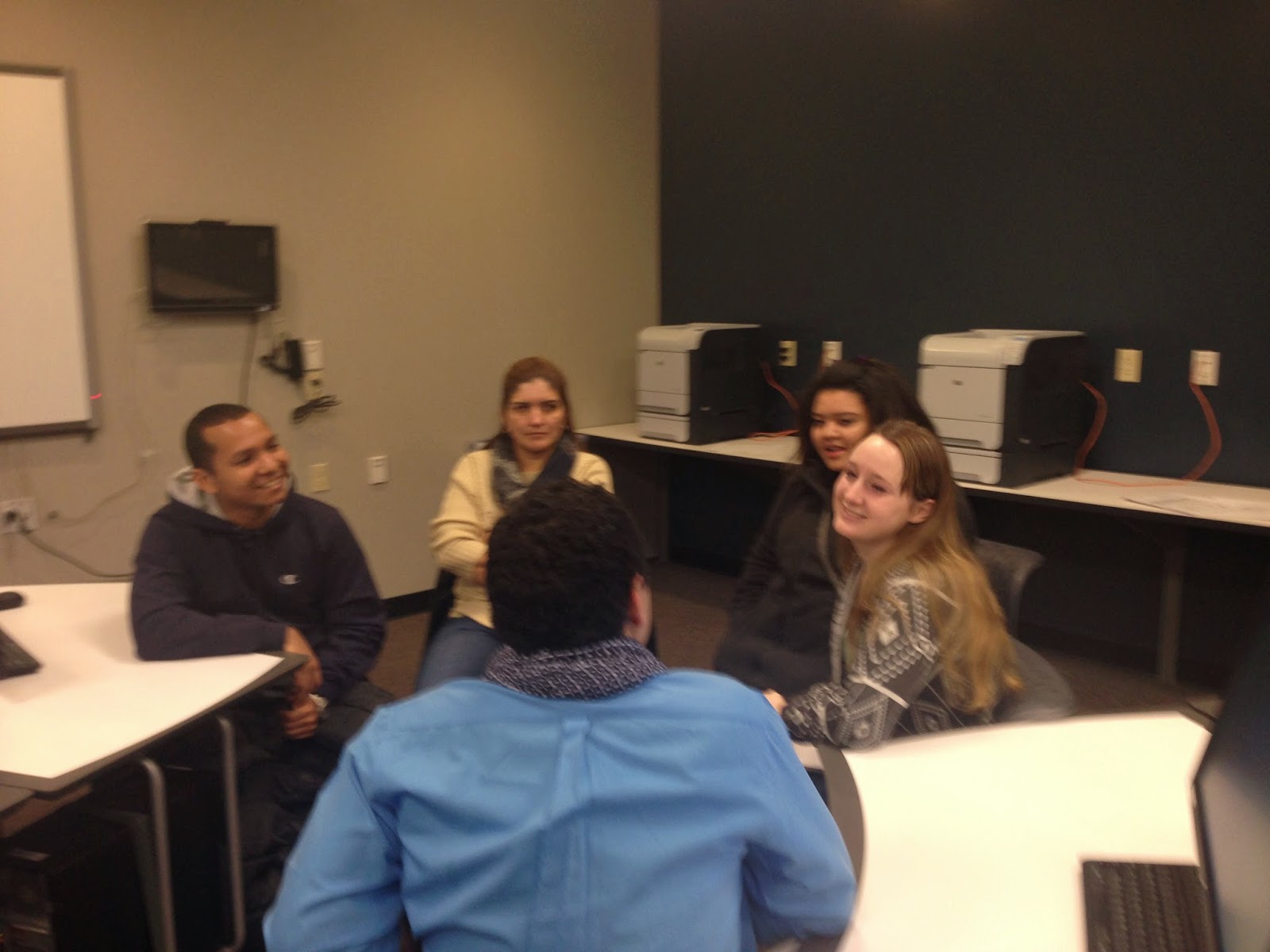Waltsing with Words
Friday, April 24, 2015
Friday, April 10, 2015
A More Creative and Interesting Way to Study for Wednesday's Exam
A more creative and
interesting way to practice 5.7
She wonders whether Steve should buy that car.
Giraffes run if a lion is hunting.
A zombie loves that people will learn.
Ryan hates that dogs shed.
Playmates think that the car can fly.
Jan wonders if dad’s asleep.
The Kardashians debate whether Kris can tell the truth.
A banana hopes that farmers will harvest the crop.
Obama believes that people can achieve their dreams.
A more creative and
interesting way to practice 5.8
The Hiltons can be bitchy.
Cher wishes that Madonna will fall some day.
Kanye typically believes watches in gold are dope.
Wednesday, March 18, 2015
Monday, March 16, 2015
Sunday, March 15, 2015
How well do you know the origins of English words?
Take the quiz and find out how well you know the origins of English words!
Image from: http://intarch.ac.uk/journal/issue9/reviews/images/thork.gif
Wednesday, February 11, 2015
When you have completed your first Linguistics Project, begin researching your word. Look up the word in as many dictionaries you can find. Go to the library and check how many different dictionaries we have in our reference section and the general collection. HOWEVER: you must start with the Oxford English Dictionary and Webster’s Third International (W3)--both available online. Read these definitions and understand them. Take notes: trace the historical development(s) of the word. Look at the etymology of the word (look up any abbreviations you don't know). Ask me for help if you need it. Follow up hyperlinks and internal references. Look at the possible spellings of the word— can you account for any changes? What sort of semantic shifts (if any) have occurred? Now take all this information and explain it, in your own words. Perhaps start with the etymology and then explain (not report—know the difference!) the development of the word, paying attention to dates of citations.
Subscribe to:
Posts (Atom)







